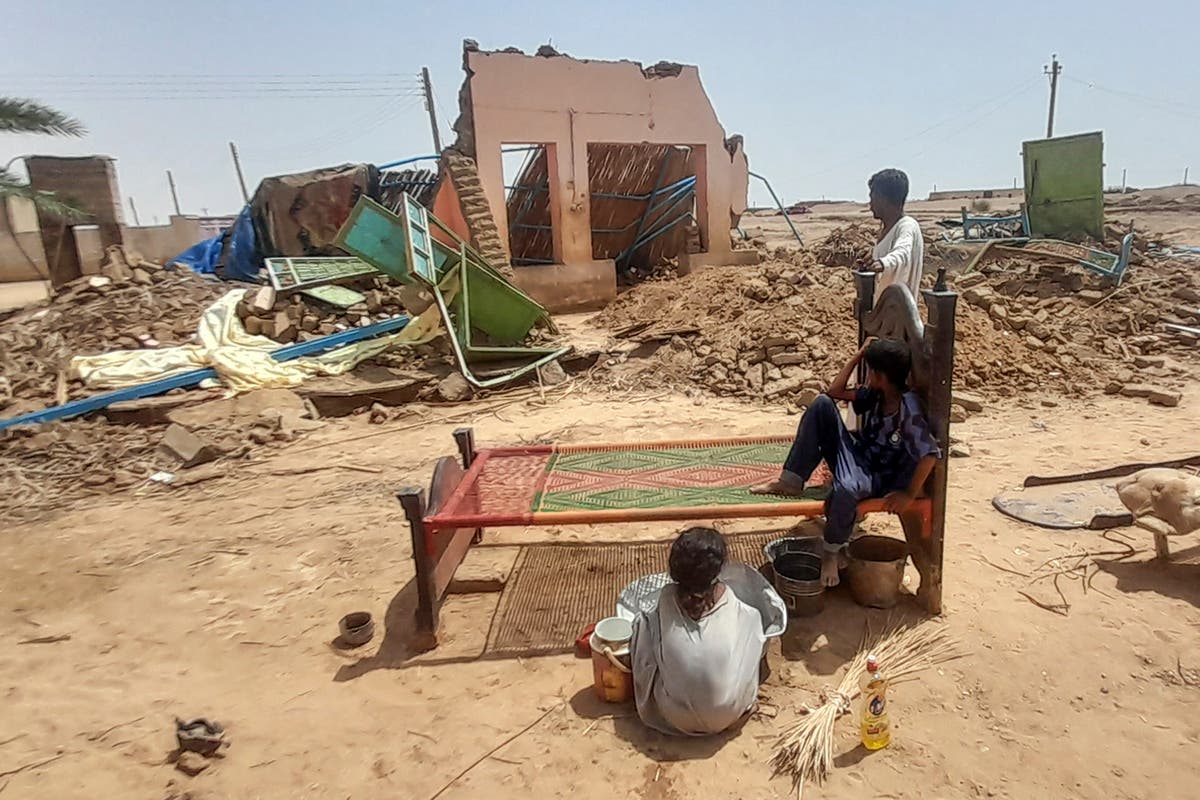
Sudan should avoid the mistakes that kept Angola in conflict for 27 years
Al JazeeraWhen General Mohamed Hamdan Dagalo, the leader of Sudan’s paramilitary Rapid Support Forces and former deputy chairman of the Transitional Sovereignty Council of Sudan, landed in Gauteng, South Africa on January 4 for talks with President Cyril Ramaphosa, he looked civil and dapper in a navy blue suit. Standing proudly next to the president of Africa’s second wealthiest nation, acting like a dignified and magnanimous statesman, he did not look like a vicious, power-hungry military operative who had just nine months ago launched a devastating civil conflict that already killed 12,000 people and displaced over seven million others. Since the beginning of Sudan’s latest civil war, Amnesty International says, fighters from both Hemedti’s RSF and al-Burhan’s SAF have committed egregious human rights violations and war crimes including deliberate attacks on civilians, attacks on civilian infrastructure like churches and hospitals, mass rape and other sexual violence. Suffering from a conflict similarly fuelled by leaders more interested in consolidating power than building peace, Sudan must learn from Angola’s 27-year-long civil war, and the failures of the Lusaka Protocol. Although several African leaders, who could not care less about everyday Sudanese, seem to have embraced Hemedti’s sudden and highly suspect metamorphosis from vicious commander to democratic statesman, just as it was the case with Savimbi, there is little reason to believe he is genuine in his newfound commitment to building peace and establishing civilian rule.
History of this topic

Can the Sudanese army sustain its recent battlefield success?
Al Jazeera
Analysis: Can Sudan’s civilian leaders save their country from collapse?
Al Jazeera
UN warns Sudan conflict ‘threatens to consume the entire country’
Al Jazeera
Sudan: To break the cycle of violence, end the kleptocracy
Al Jazeera
Q&A: ‘Bullets and shells are flying everywhere’ in Sudan
Al Jazeera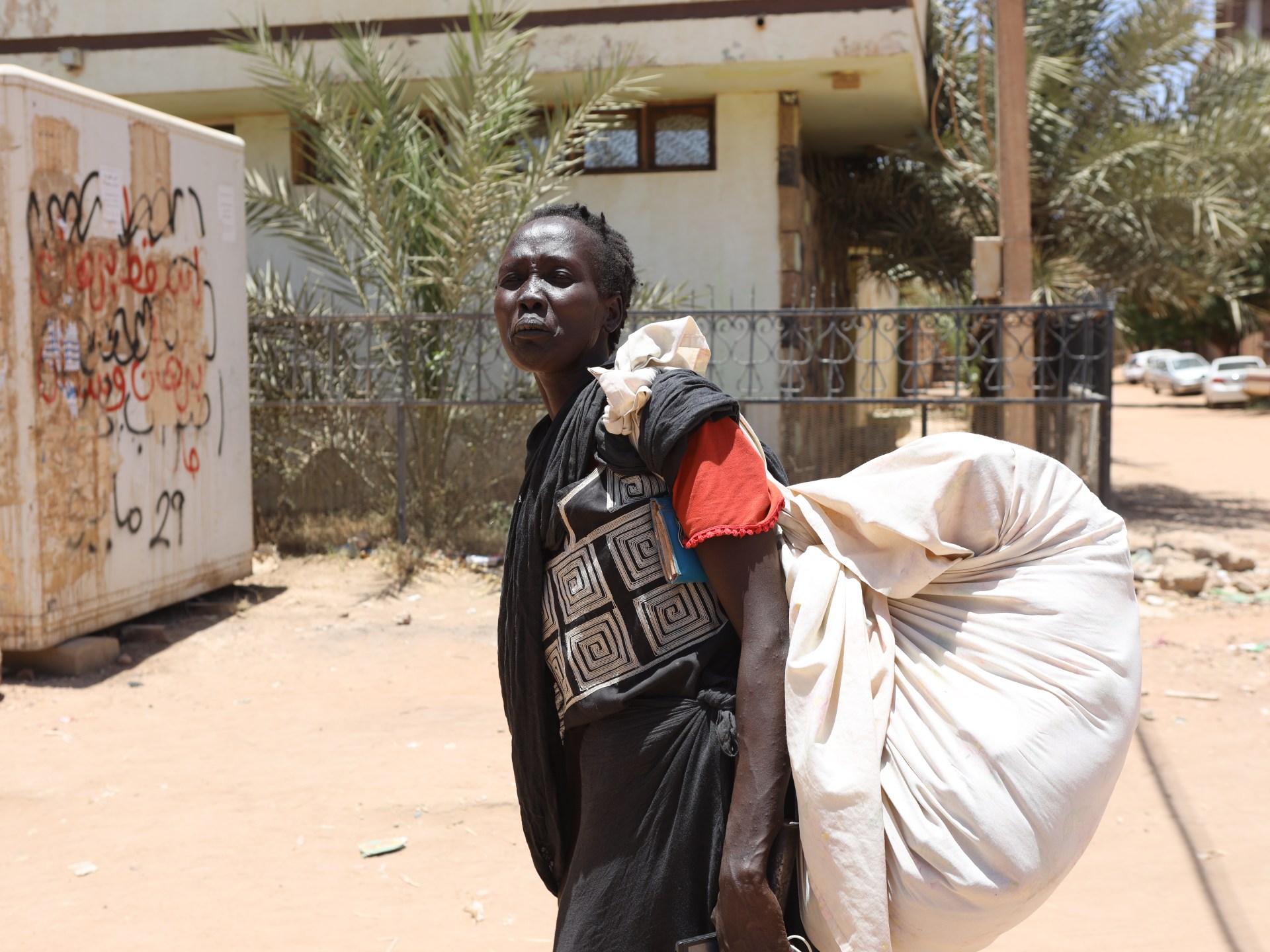
Sudan crisis: What’s next after one week of deadly fighting?
Al Jazeera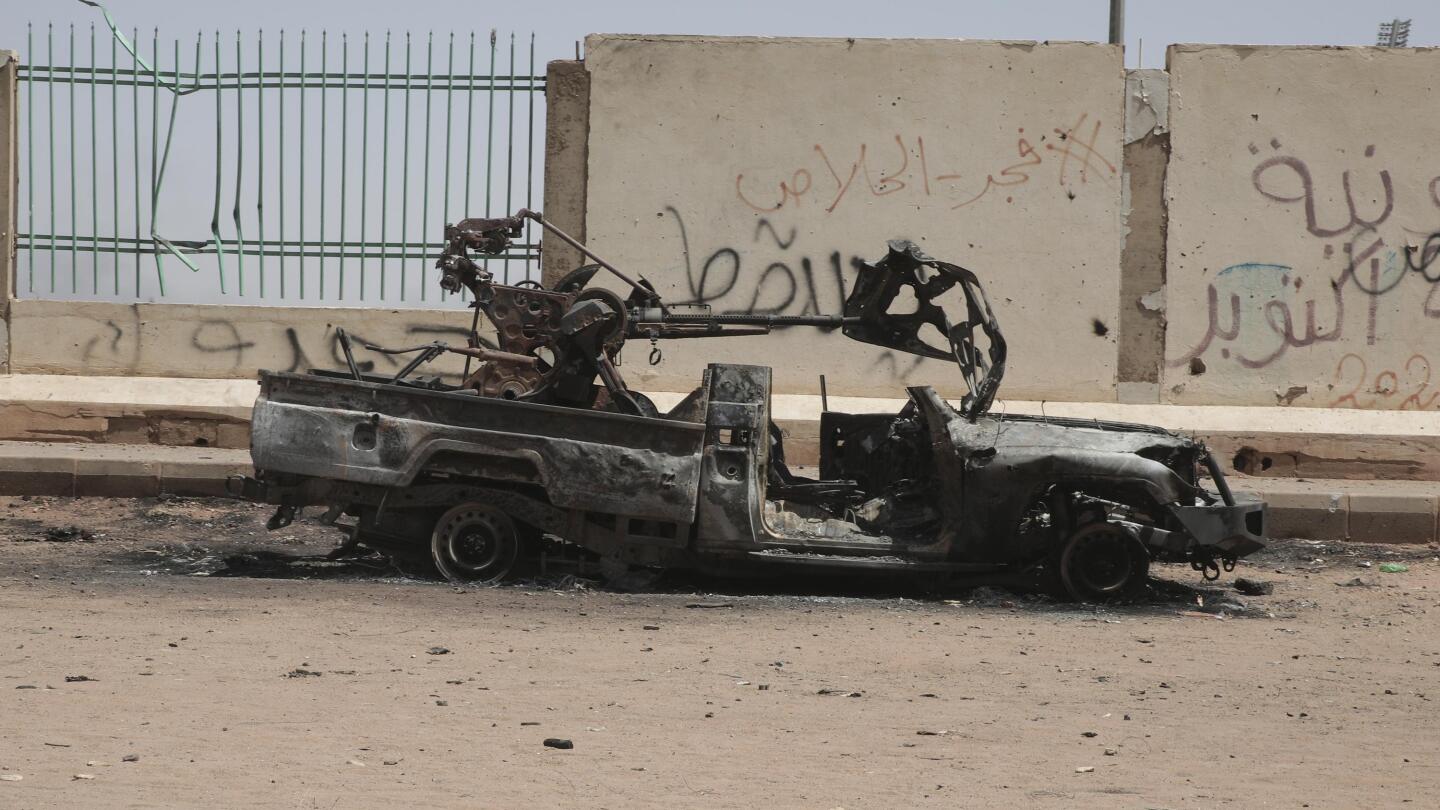
Why Sudan’s conflict matters to the rest of the world
Associated Press
Kenyan leader warns of regional effects from Sudan fighting
Associated Press
Can the international community stop the fighting in Sudan?
Al Jazeera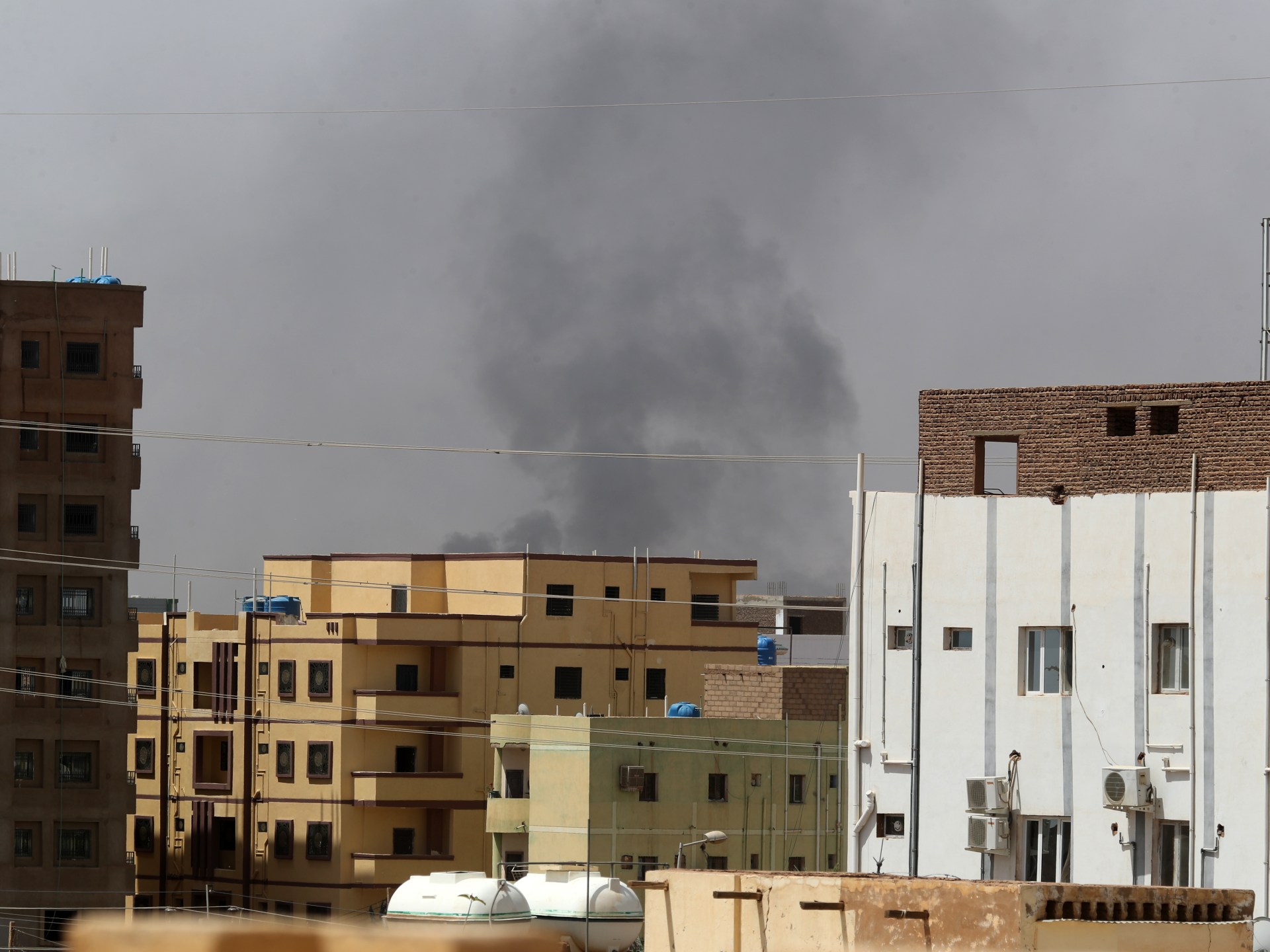
Sudan’s years-long power struggle explained
Al Jazeera
Six months since coup, Sudan promises to keep up democracy fight
Al Jazeera
Why the Burhan-Hamdok deal will not stabilise Sudan
Al JazeeraDiscover Related

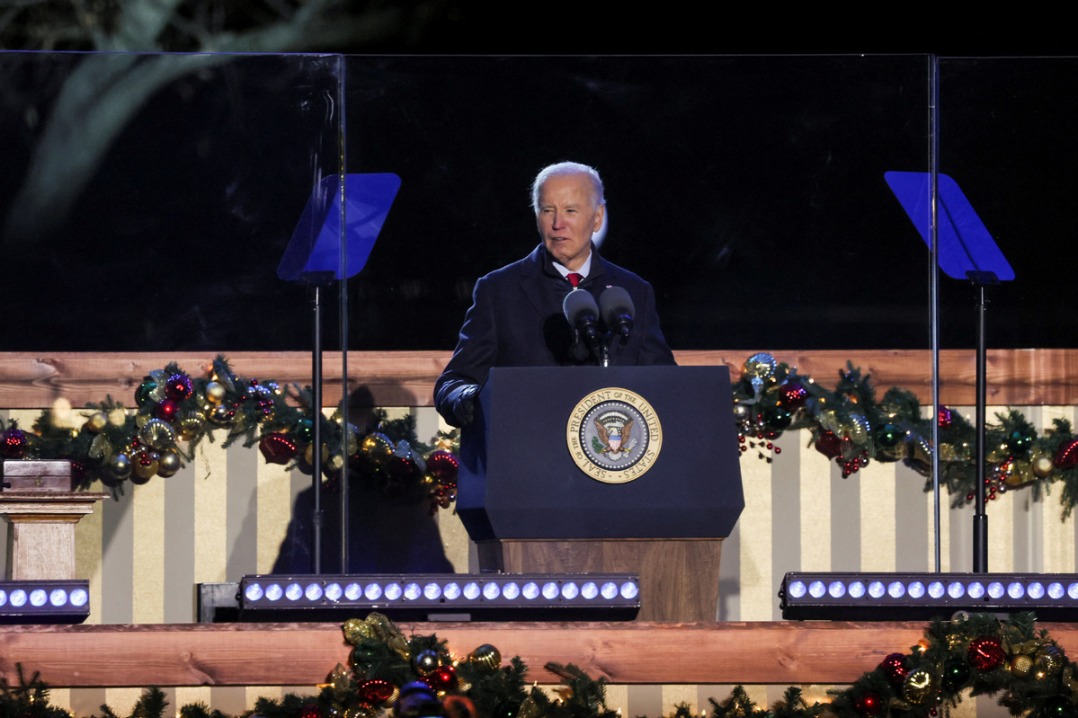

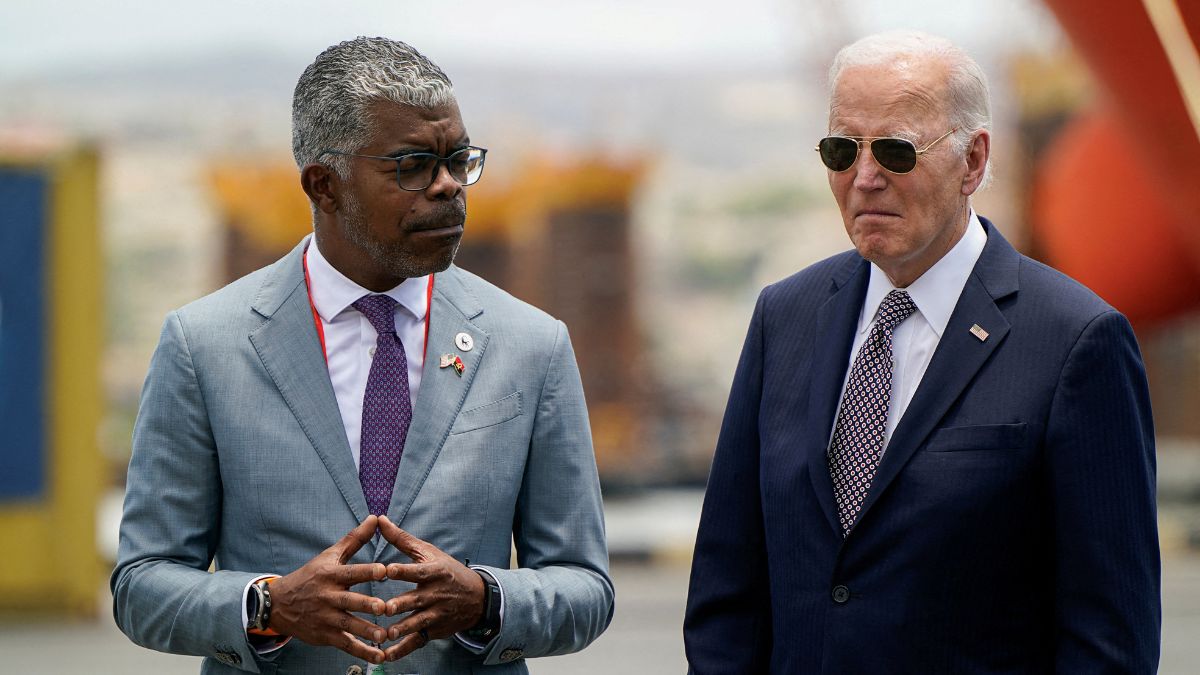)

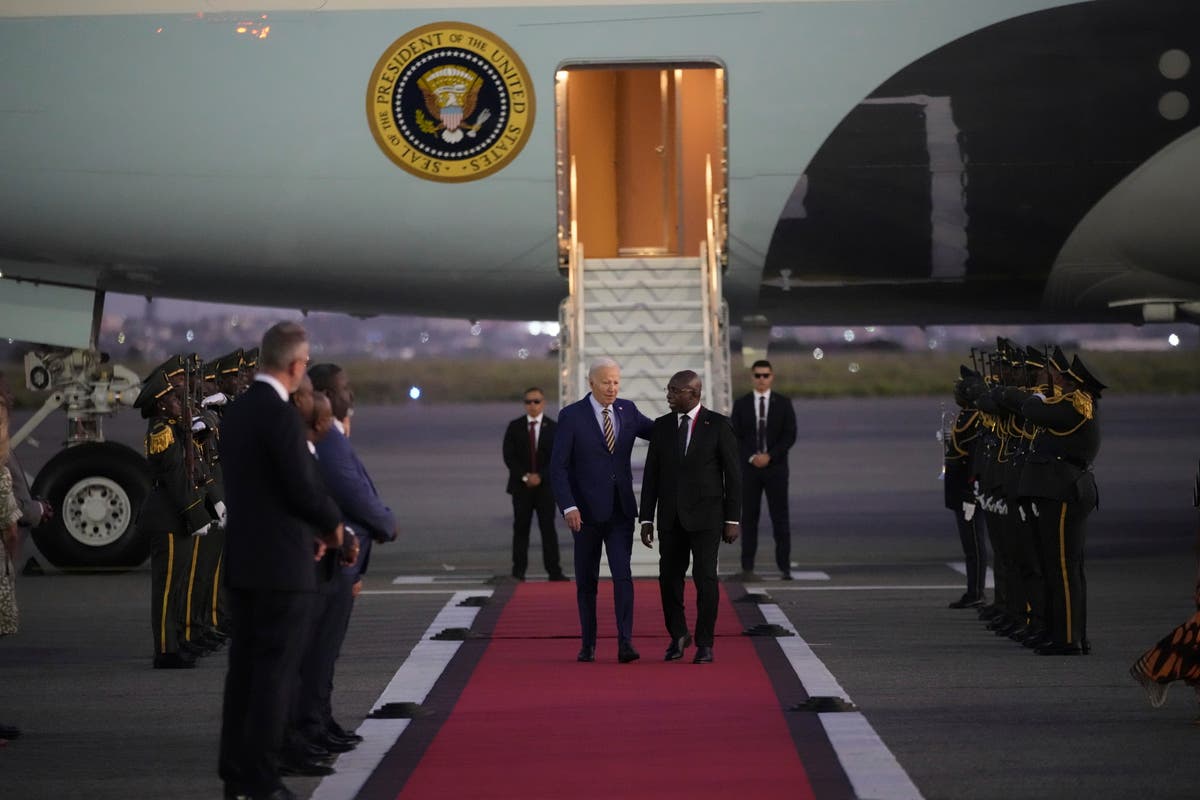
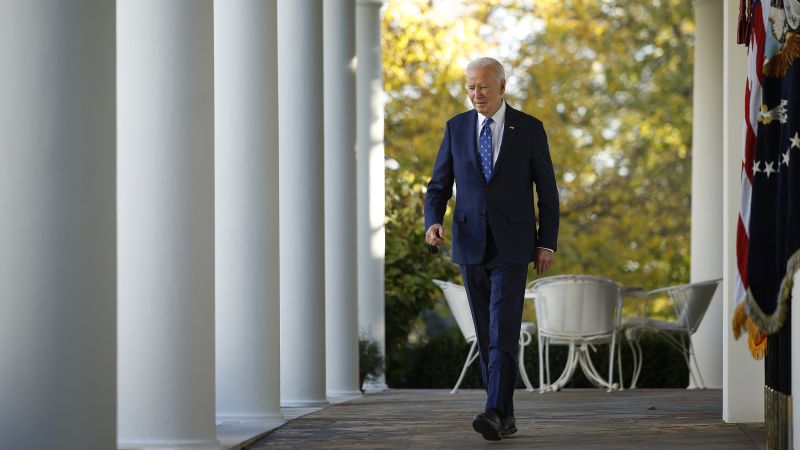
)
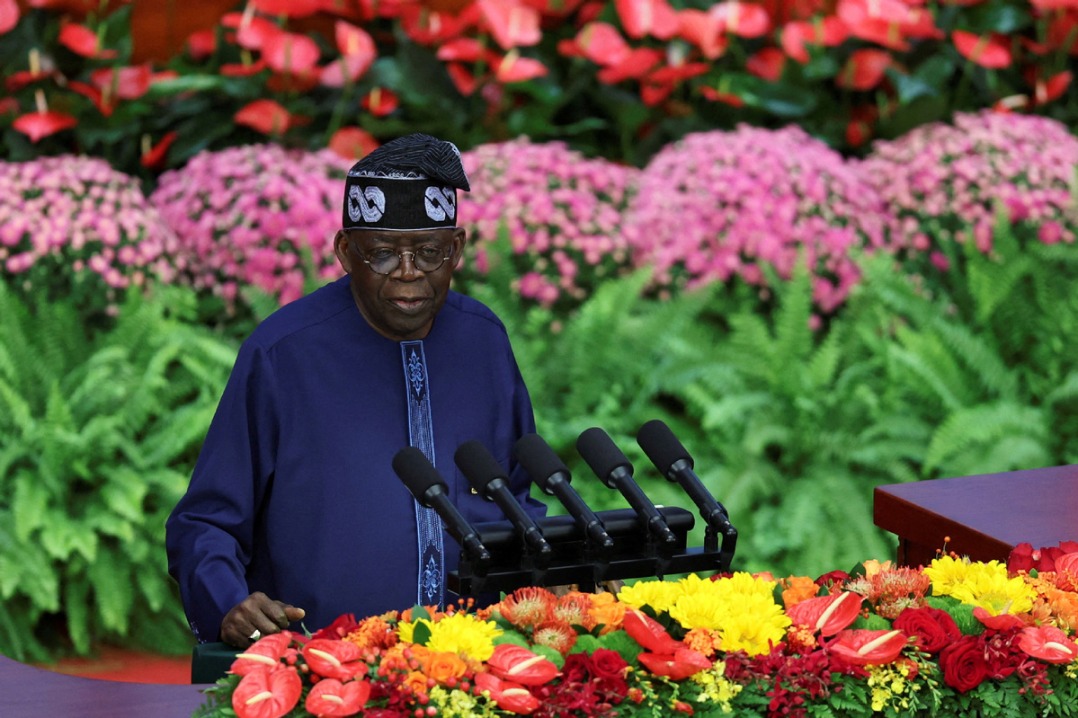




)
)
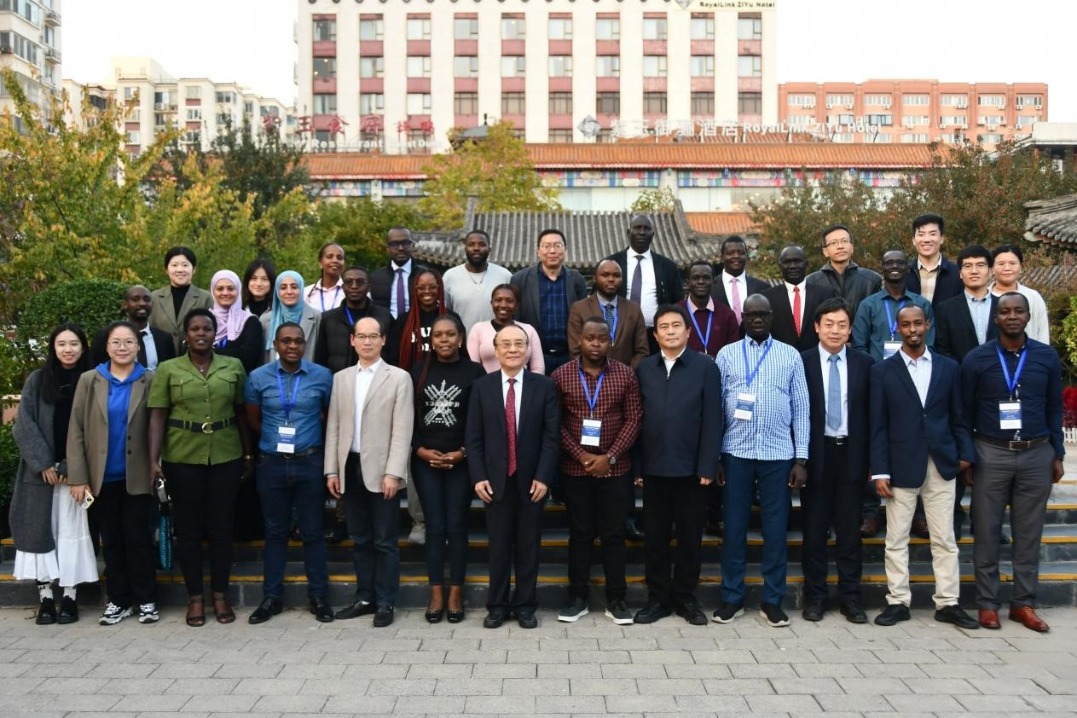

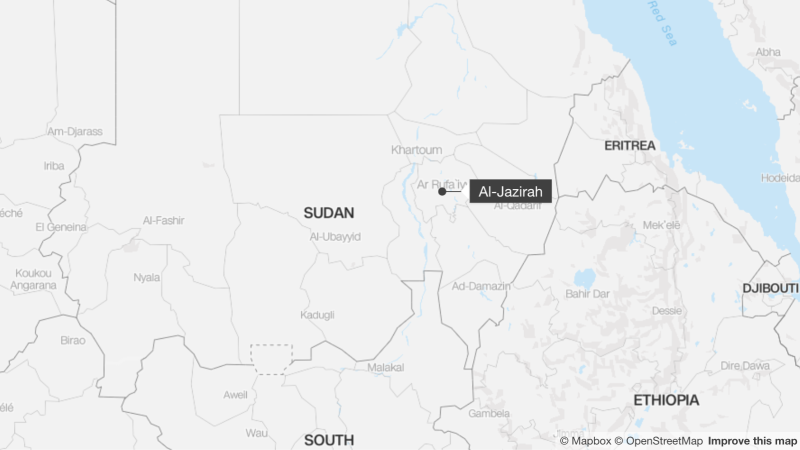
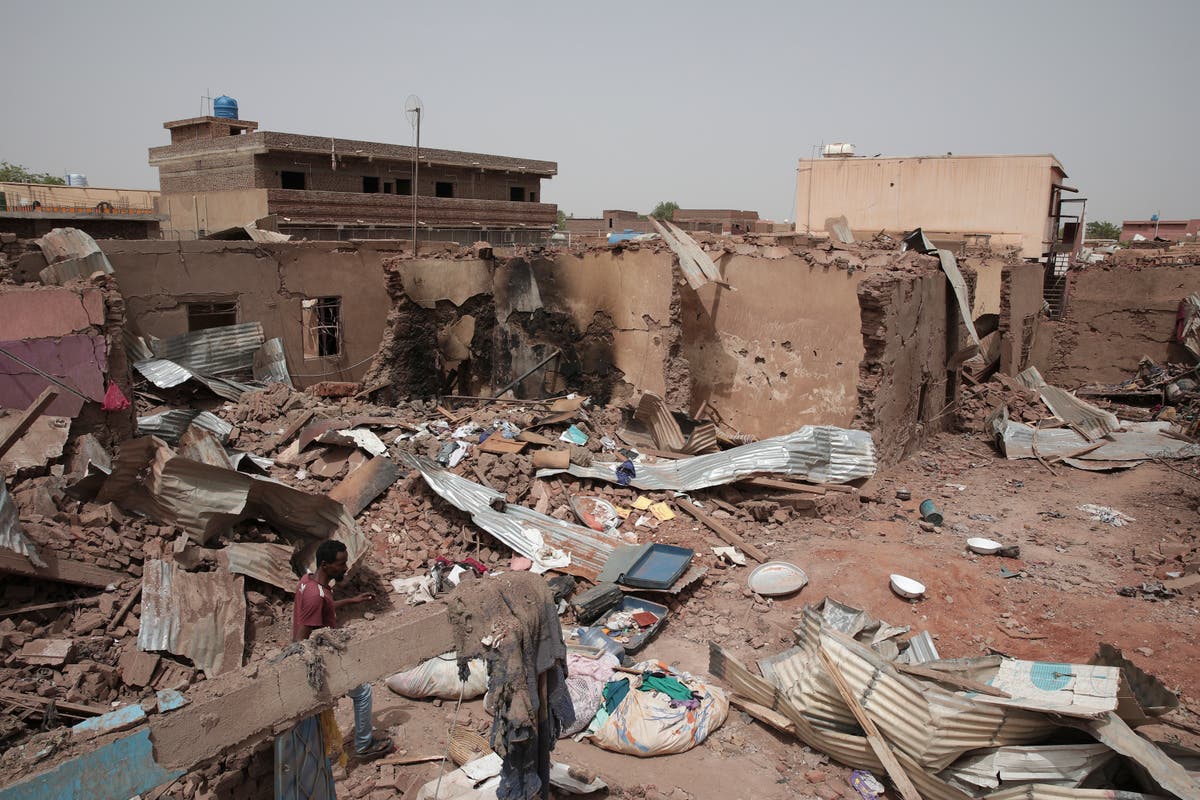

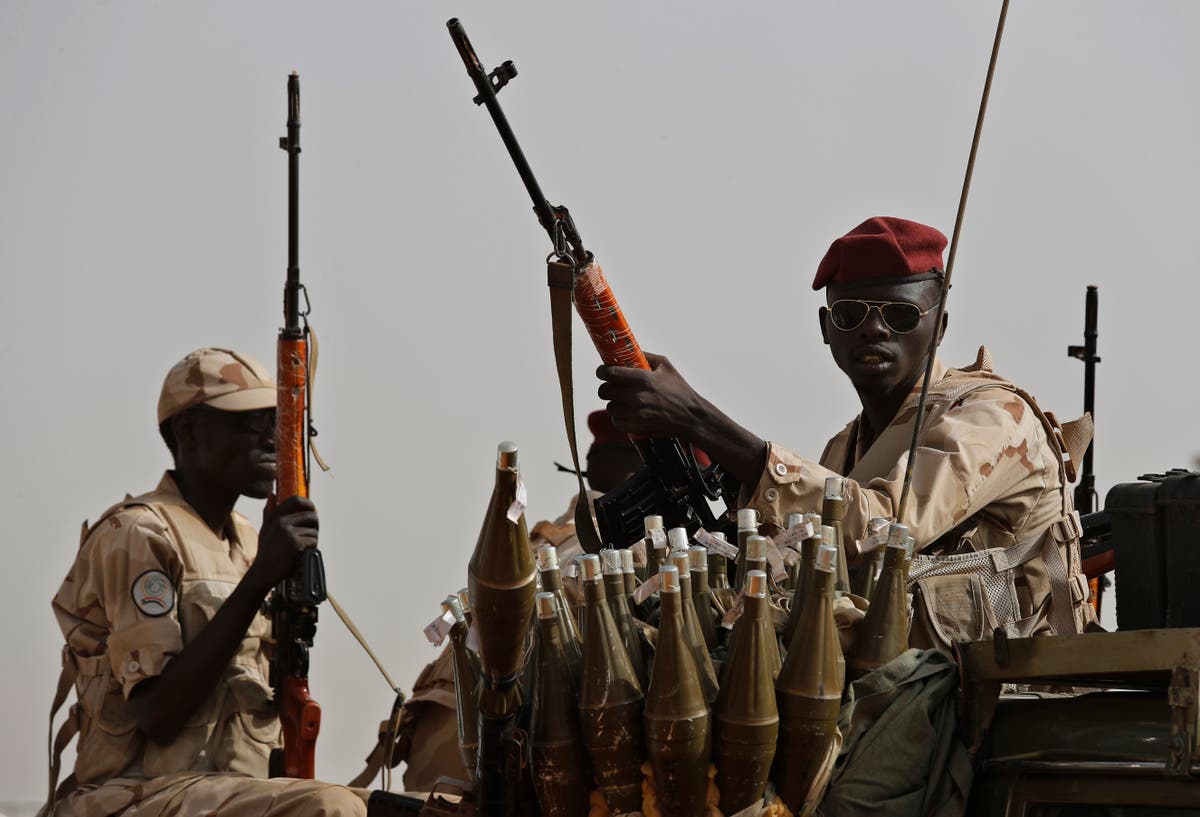
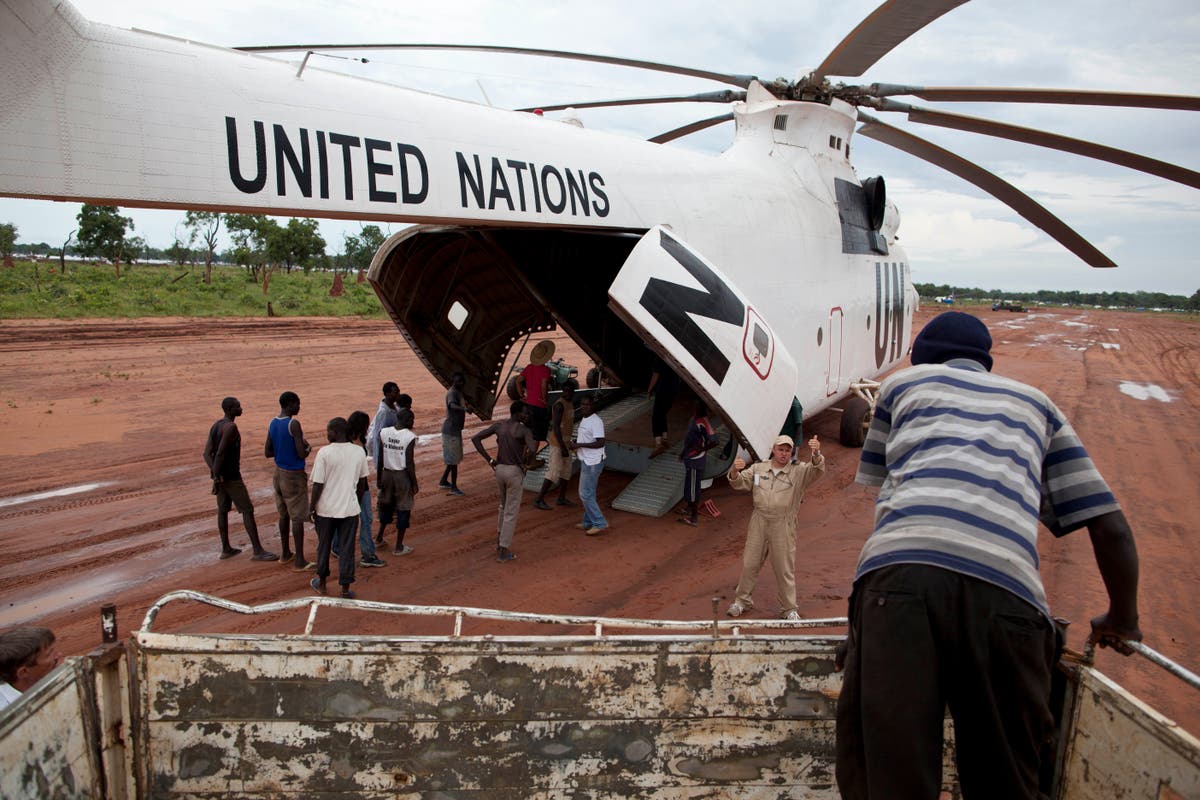
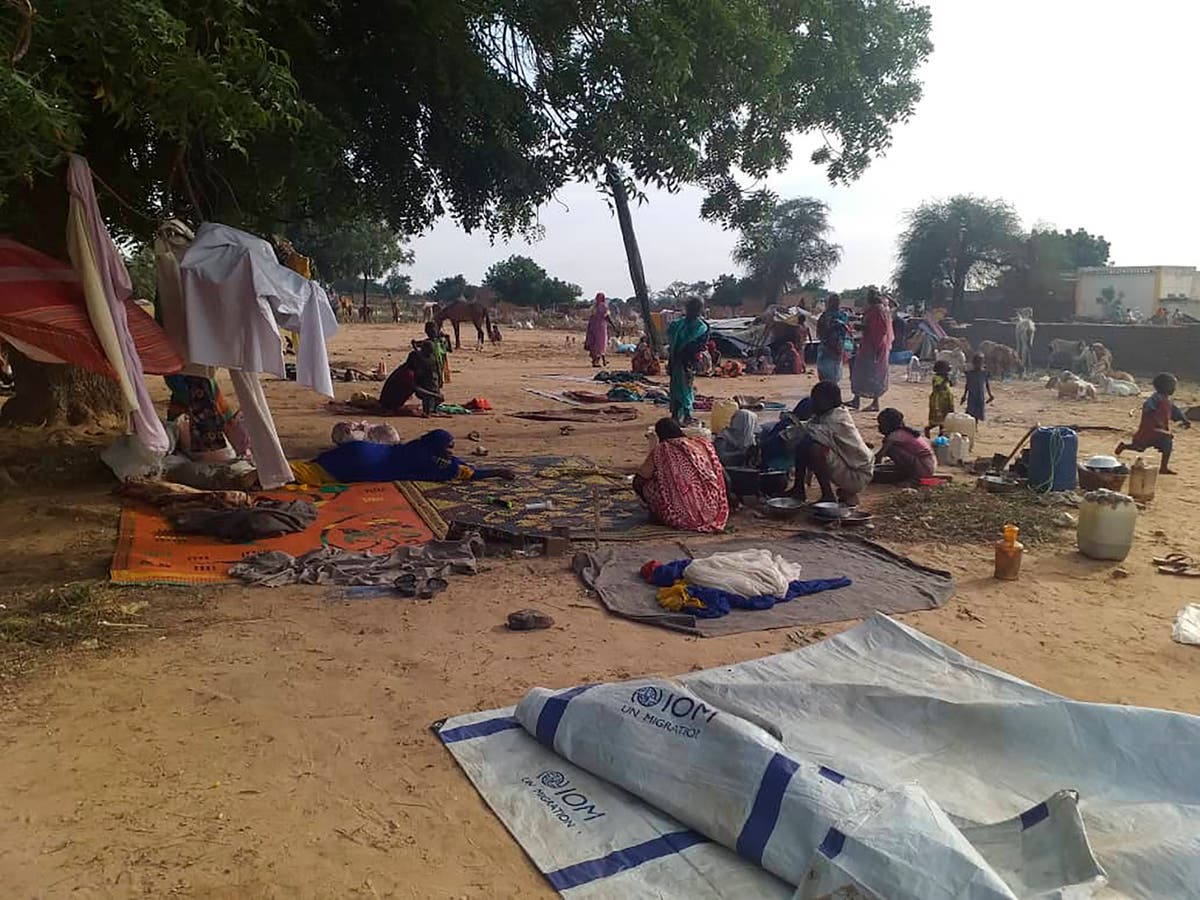
)
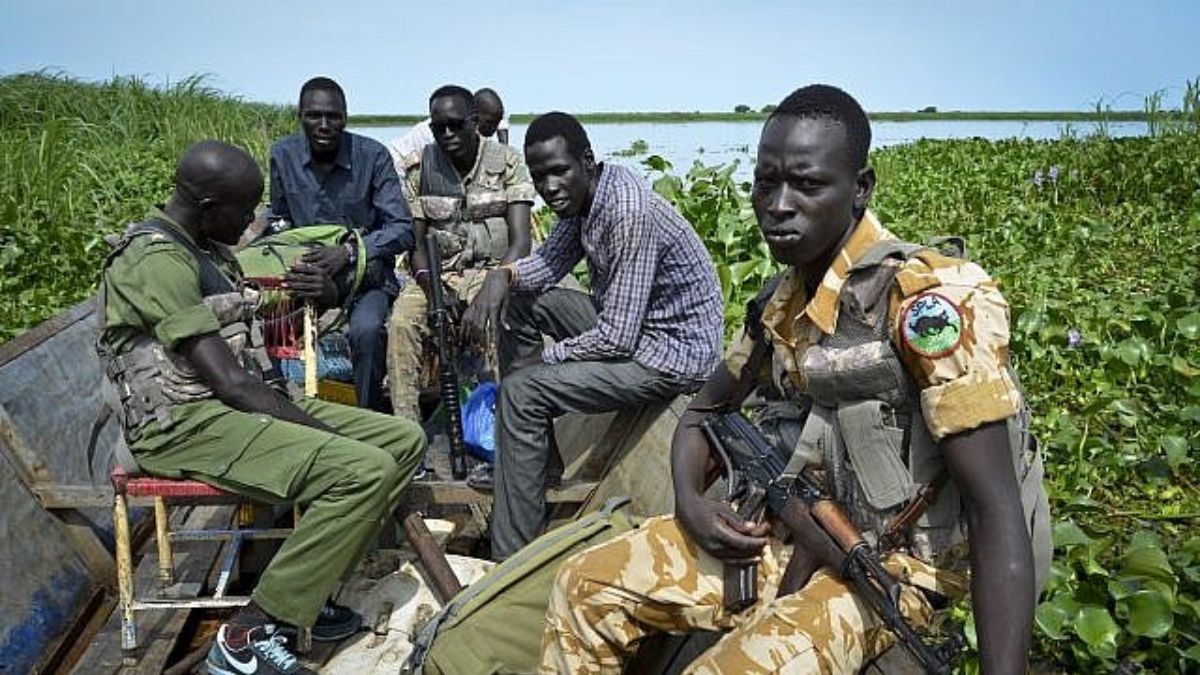)
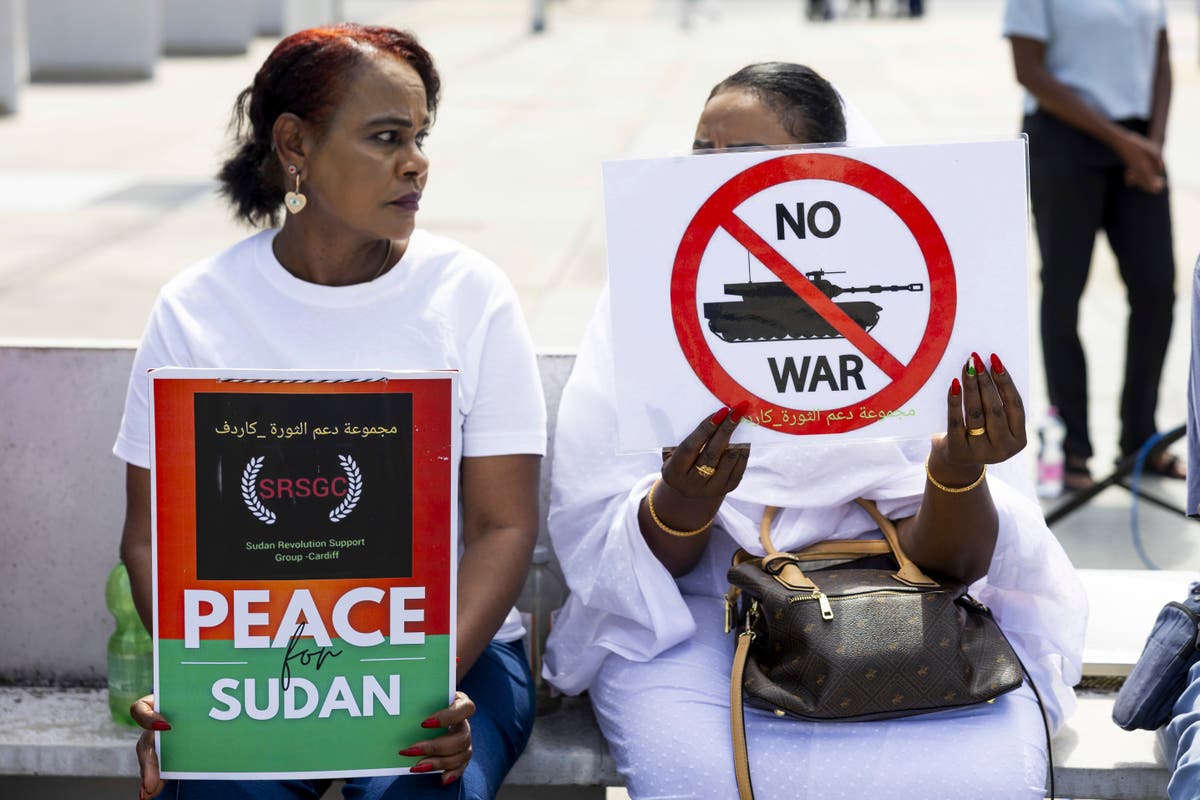

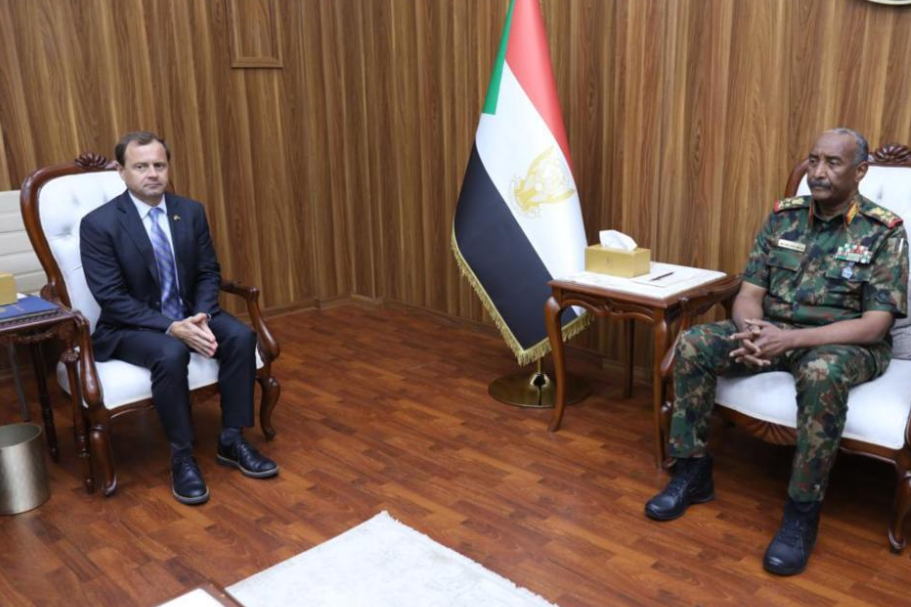
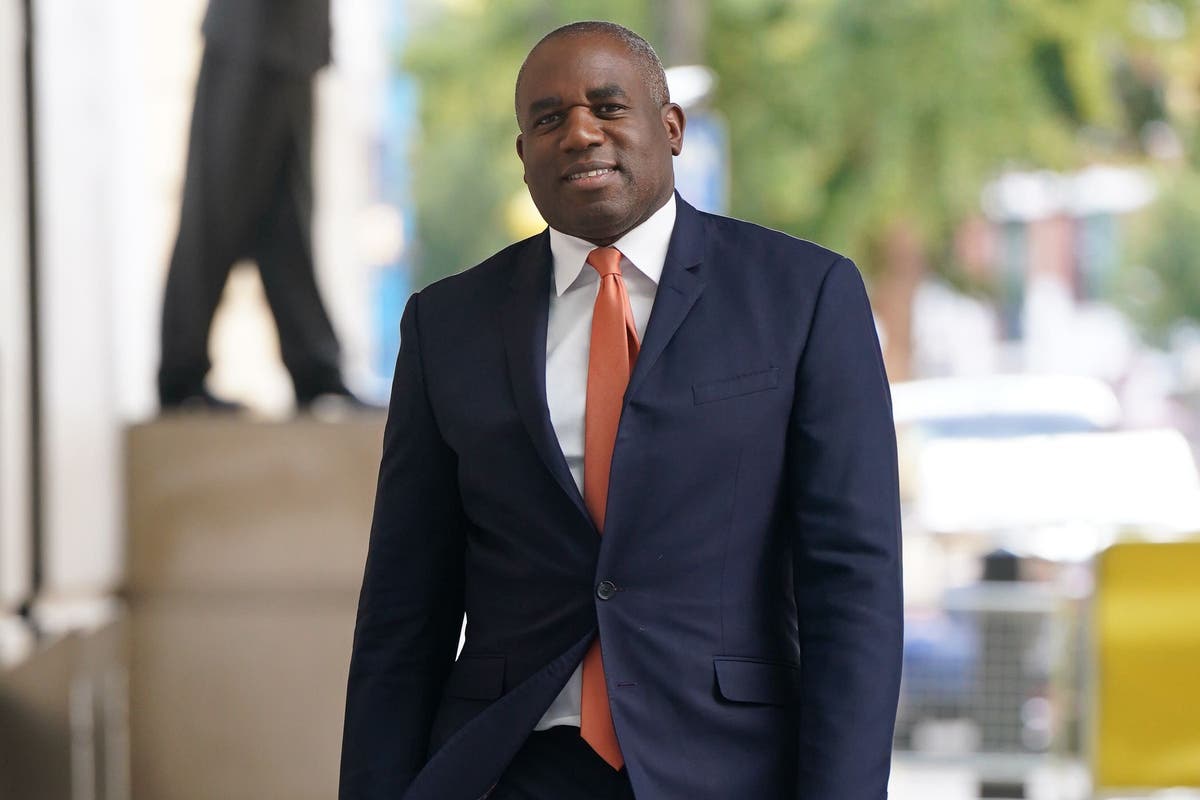
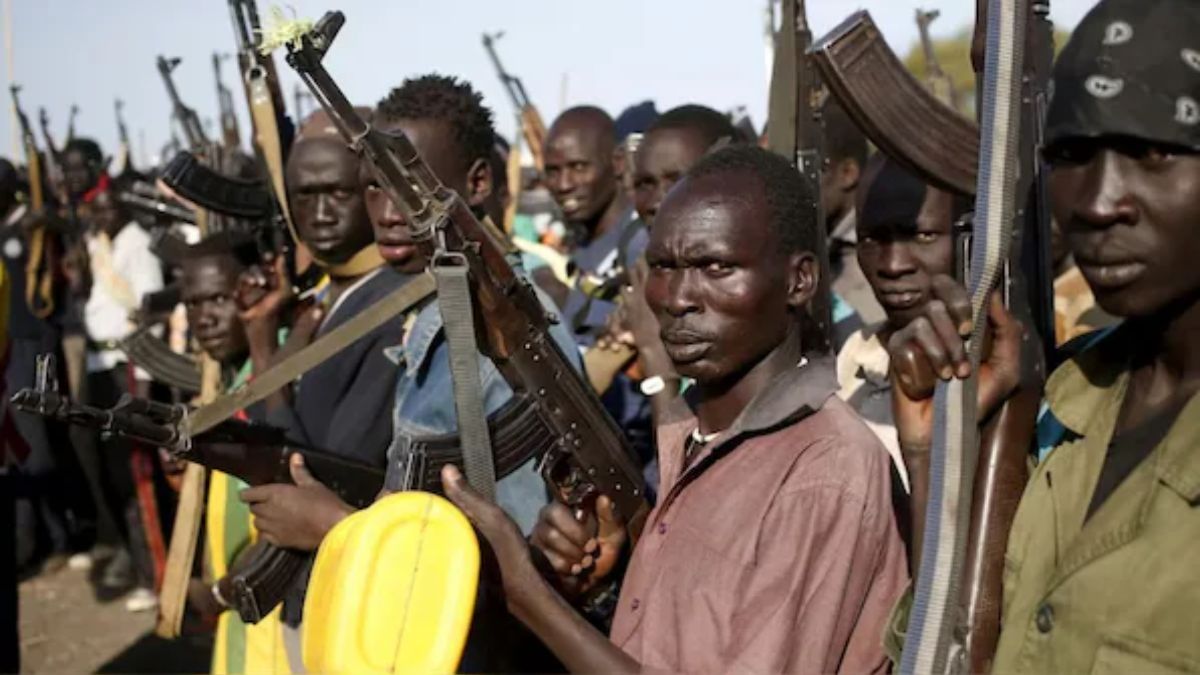)

